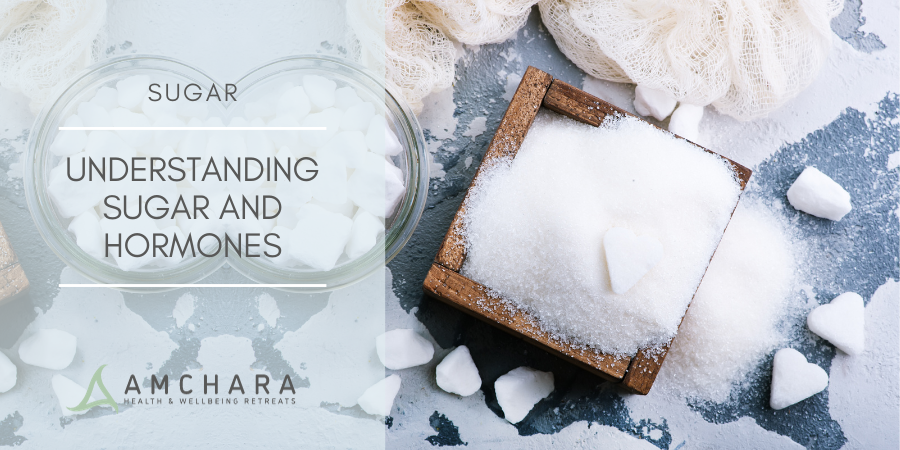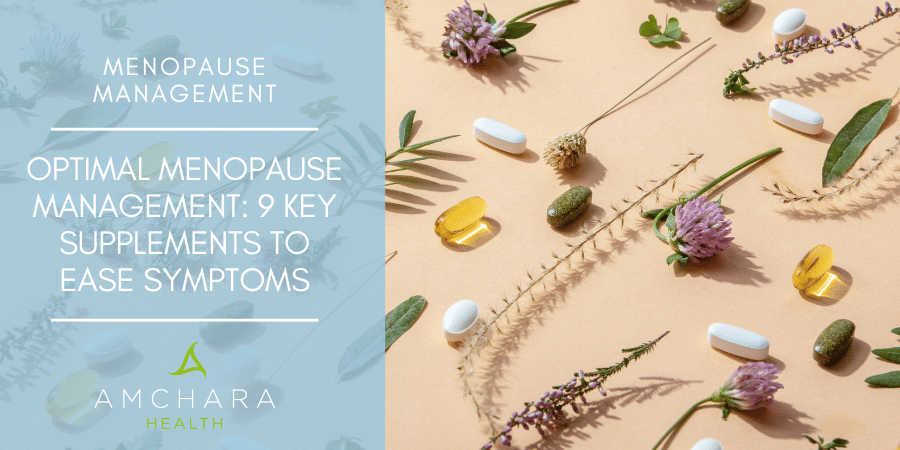Whether your choice of drink is a G&T, a glass of wine or a beer, if you’re consuming more than a large glass every night, you are probably drinking more than is considered safe.
As well as putting pressure on your liver, what many people don’t realise is that as many as 25 chronic diseases are attributed to alcohol.
It is recognised that alcohol plays a part in tumour growth, metabolic disturbances, nutritional deficiencies, cardiovascular and digestive diseases and neuropsychiatric conditions such as dementia.
If you’re suffering from hormone issues, then alcohol excesses can tip you over the edge into hormonal imbalance.
Whilst a few glasses of wine can be a pleasurable experience it can also interfere with your hormone balance.
It can increase insulin, elevate your cortisol levels, as well as have a negative impact on your waistline.
Alcohol in excess over a prolonged period can disrupt the cross talk between your endocrine and immune system causing disturbances in your hormone balance that may lead to poor mental health and the development of chronic health conditions.
Disorders in thyroid function, bone disease, reproductive problems, psychological disorders and immune dysfunction can all result from alcohol-induced hormonal imbalances.
While the mechanism is not yet fully understood, alcohol has been found to raise levels of oestrogen in the body in both pre- and post-menopausal women; this is probably due to increased activity of the aromatase enzyme.
Research also links excessive alcohol consumption to lowered fertility, probably as a result of reduced ovulation.
NICE (The National Institute for Health and Care Excellence) have recently amended their guidelines regarding alcohol consumption during pregnancy and now suggest that women refrain from drinking entirely as the safest approach to minimising risks to the foetus.
It appears that increased alcohol consumption in men is linked to a reduction in testosterone levels and is also linked to patterns of fat distribution and storage that are similar to women, i.e. around the stomach and chest area.
The general consensus amongst the medical profession is that alcohol consumption makes a significant contribution to the world-wide burden of chronic diseases.
What the Statistics Reveal
In terms of the global picture, over-consumption of alcohol rates as one of the most serious substance abuse disorders.
Records show that diseases, disabilities and deaths directly related to alcohol are much higher in men than women, especially in developed countries.
Alcohol misuse is estimated to cost the NHS around £3.5 billion each year.
In 2016 there were 5,507 reported alcohol specific deaths in the UK.
For other countries such as the USA the statistics are even higher, according to the National Institute of Alcohol Abuse and Alcoholism in the USA, as many as 80,000 people die every year from alcohol-related causes.
So how much is too much?
More than a third of men and over a quarter of women regularly exceed the recommended level of alcohol intake.
The most recent government guidelines recommend that both men and women should not drink more than 14 units per week to keep their health risks at a low level.
Drinking more than this on a regular basis could be seriously damaging your liver, as well as leading to weight gain; an average bottle of wine contains around 644 calories.
An evening drink whilst cooking an evening meal or relaxing can be a hard habit to kick, but the health benefits are well worth it.
Before long, you will notice your energy levels increase, you feel calmer and happier and your sleep and brain function improves.
You may find your skin looks brighter and you lose a few pounds.
Top tips to break the habit
First of all, don’t be too hard on yourself, alcohol has powerfully addictive effects on the brain which can make controlling the urge to have just one more very difficult even when you know the long term adverse effects.
Today’s world can be very stressful, and alcohol is one of the many ways that people may choose to unwind and deal with difficult days.
Nobody starts out intending to develop a habit of regularly drinking, but it is easy to get caught in its grips.
Regular drinking, like any other addiction, is recognised by scientists as a chronic disease that changes the structure and function of your brain.
Much as diabetes impairs pancreatic function, alcohol effects changes in your brain that start with recognition of pleasure, and end with an acceleration of compulsive behaviour.
The more you drink, the more tolerant your brain become, which is why habits can sometimes turn into addictions.
If you’re worried about your own drinking habits, why not make today the day you tackle it and start to enjoy the many health benefits of living alcohol-free.
Try to cultivate diverse interests, moving away from your daily routine and finding distractions or other ways to relax and unwind.
Here are a few ideas:
- Read a book or write a letter
- Enrol in an adult education course
- Go for a walk or a bike ride
- Sell your unwanted stuff on eBay
- Experiment with cooking
- Practice a new yoga position
- Take up a new sport
- Relax in a long hot bath
- Phone up old friends and catch up
- Take up knitting or painting
Saving the money you would normally be spending on alcohol is another positive way to see the benefits of drinking less; being able to afford a great holiday is a fabulous incentive to keep going and the perfect reward for all your efforts.
If you think you are drinking too much, investing in a detox health retreat is a great way to kickstart your health journey. A Personalised Health detox at Amchara will help you by taking into account your individual health status, needs and goals, and tailoring an approach accordingly, with expert advice on hand from our experienced practitioners, to maximise the health benefits for you.
Jacqueline Newson BSc (Hons) Nutritional Therapy
Alcohol Related Stories:
- Alcohol and the risk of breast cancer
- Study suggests exercise reduces risk of alcohol related diseases




